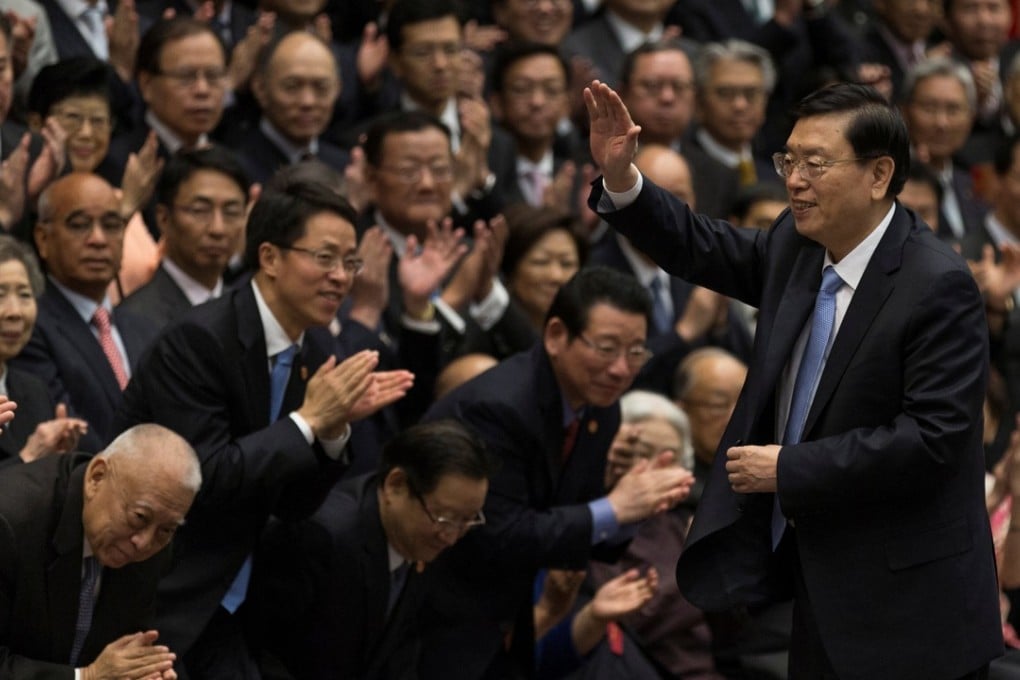Reflections | How China’s emperor maintained absolute control during the Han dynasty
China’s No 3 leader Zhang Dejiang’s statement that the central government ‘bears the responsibility to supervise’ Hong Kong takes our columnist back to an era when the emperor exercised control over local administrations

Weeks before the 20th anniversary of Hong Kong’s handover, Zhang Dejiang, the third-highest-ranking state leader and head of the Communist Party’s coordination group on Hong Kong affairs, said the central government “bears the responsibility to supervise” whether “statutory public officers” in Hong Kong pledge allegiance to the mainland and Hong Kong.
During the Han period (206BC-AD220), China had one of the most sophisticated bureaucracies in the ancient world, which facilitated the administration of its vast empire. Centralised control was absolute, at least in theory. The central government was the fount of all political power at the local level, and it exercised that power through lines of command that, ultimately, led to the emperor.
Besides the authority to appoint senior officials at local political divisions, such as commanderies and counties, the chancellor’s office in the central government conducted regular audits of their books. Sometimes it sent special emissaries to investigate, and even intervene in, local affairs. Then there was the office of the censor-in-chief, which was of the same level as the chancellor’s office and reported directly to the emperor. The censor-in-chief regularly sent the dreaded inspectors from the capital to supervise local civil and military affairs.
Of course, the emperor had the prerogative to dispatch his personal representatives to supervise and advise the heads of local governments and, if necessary, remove them and take over their administrations.

